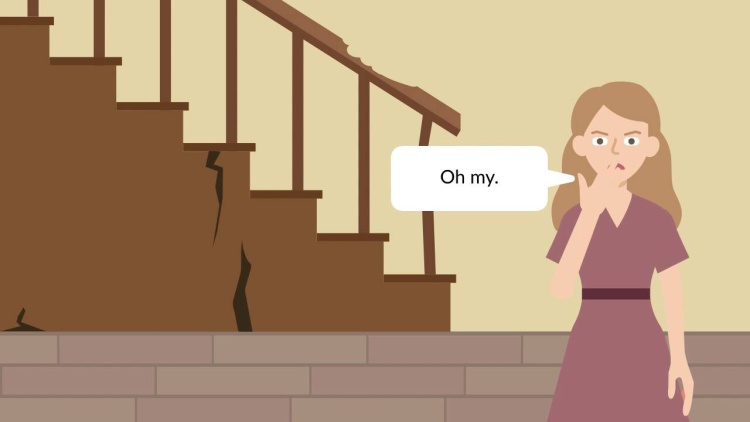Hill v. Jones
Arizona Court of Appeals
151 Ariz. 81, 725 P.2d 1115 (1986)
- Written by Megan Petersen, JD
Facts
In 1982, Warren and Gloria Hill (the buyers) (plaintiffs) entered into an agreement to purchase the residence of Ora and Barbara Jones (the sellers) (defendants). The purchase agreement required the sellers to pay for and place in escrow a termite-inspection report stating that the property did not have a termite infestation. Before executing the purchase agreement, the buyers visited the residence on multiple occasions. During one visit, the buyers noticed a small “ripple” in the wood floor that they believed could be termite damage, but they were assured by sellers it was water damage. When completed, the termite-inspection report said that no visible evidence of termite infestation existed, and the realtor informed the buyers that the property passed termite inspection. The buyers executed the purchase agreement and moved into the residence. After moving in, however, the buyers learned that the sellers had actually experienced termite infestation on several prior occasions and had paid for several termite-infestation treatments. A neighbor also pointed out several examples of termite damage throughout the residence and the surrounding fence. Finally, on a second inspection, a termite inspector confirmed evidence of termite infestation. The sellers did not share any of this information with the buyers, the realtor, or the termite inspector. The buyers brought suit alleging that the sellers made misrepresentations and failed to disclose material facts to them about termite damage. The trial court granted summary judgment for the sellers, and both parties appealed.
Rule of Law
Issue
Holding and Reasoning (Meyerson, J.)
What to do next…
Here's why 911,000 law students have relied on our case briefs:
- Written by law professors and practitioners, not other law students. 47,100 briefs, keyed to 997 casebooks. Top-notch customer support.
- The right amount of information, includes the facts, issues, rule of law, holding and reasoning, and any concurrences and dissents.
- Access in your classes, works on your mobile and tablet. Massive library of related video lessons and high quality multiple-choice questions.
- Easy to use, uniform format for every case brief. Written in plain English, not in legalese. Our briefs summarize and simplify; they don’t just repeat the court’s language.





